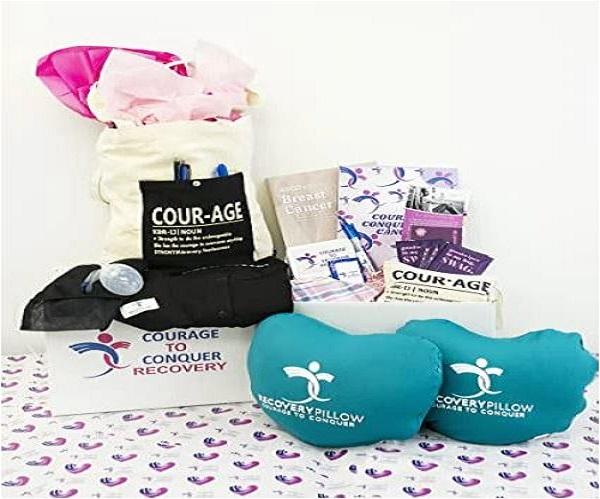Going through a breast mastectomy? Whether due to breast cancer or other medical reasons, it is a significant life event. The healing process after such surgery requires utmost care and attention. In addition to medical treatments and support, self-care plays an essential role in promoting physical and emotional well-being. This article explores the importance of self-care during the healing process afterbreast cancer mastectomy, providing valuable tips and guidance to aid in the recovery journey.
Understanding the Healing Process
After a breast mastectomy, the body undergoes a healing process that involves physical and emotional aspects. It is crucial to clearly understand what to expect during this phase. Physical healing involves post-operative care, wound management, and gradually regaining strength and mobility. Emotional healing requires addressing the psychological impact of the surgery, including body image concerns and coping with the emotional aftermath of a breast cancer diagnosis.
Prioritizing Physical Self-Care
Physical self-care is crucial during the healing process after a breast cancer mastectomy. Proper wound care, following the surgeon’s instructions, is vital to prevent infections and promote healing. Maintaining good nutrition, staying hydrated, and getting enough rest are equally important. Engaging in gentle exercises, as advised by healthcare professionals, can help restore the range of motion and strengthen the body gradually. Wearing comfortable and supportive clothing, such as post-mastectomy bras or camisoles, can aid in physical comfort and promote healing.
Nurturing Emotional Well-being
Emotional self-care is an integral part of the healing process after breast mastectomy. Dealing with the emotional impact of a breast cancer diagnosis, surgery, and changes in body image requires a supportive approach. Seeking counseling or joining support groups can provide a safe space to share experiences, express emotions, and find encouragement. Engaging in stress-reducing activities such as meditation, mindfulness, or journaling can promote emotional well-being. Additionally, exploring creative outlets or hobbies that bring joy and fulfillment can help in the healing journey.
Building a Support System
During the healing process, having a strong support system is invaluable. Family, friends, and healthcare professionals can offer emotional support, assist with daily activities, and provide encouragement. Communicating openly with loved ones about feelings, concerns, and needs can foster a supportive environment. Connecting with other breast cancer survivors or mastectomy patients through support groups or online communities can also be beneficial, as they can provide empathy, guidance, and shared experiences.
Celebrating Milestones and Self-Compassion
Throughout the healing process, it is crucial to celebrate milestones, no matter how little they are. Each step forward is a significant achievement. Practicing self-compassion is also essential, as healing takes time, and everyone’s journey is unique. Being kind to oneself, acknowledging emotions, and practicing self-care without guilt are crucial for overall well-being and recovery.
Maintaining a Positive Body Image:
After a breast cancer mastectomy, individuals may experience changes in their body image. It is important to focus on maintaining a positive body image throughout the healing process. It can involve seeking professional help, such as working with a therapist specializing in body image concerns. Exploring options like breast reconstruction, prosthetics, or camouflaging techniques can also contribute to regaining confidence and feeling comfortable in one’s own skin.
Managing Pain and Discomfort
Pain and discomfort are common after a breast mastectomy, but managing them effectively is crucial for overall well-being. Communicate openly with healthcare professionals about any pain experienced and follow their recommendations for pain management. This may include medications, physical therapy, or alternative therapies like acupuncture or massage. Also, relaxation approaches, such as deep breathing or guided imagery, can help alleviate pain and promote a sense of calm during the healing process.
Embracing a Well-Rounded Self-Care Routine
Self-care extends beyond physical and emotional aspects. It involves nourishing the mind, body, and spirit holistically. Incorporating activities that bring joy, such as spending time in nature, engaging in hobbies, or practicing creative outlets, can contribute to overall well-being. Paying attention to sleep hygiene, maintaining a balanced diet, and avoiding excessive stressors are equally important. Finding a self-care habit that works for you and adapting it as needed will help in restoring a sense of balance and promote healing after breast mastectomy.
Conclusion
Breast surgery healing process after breast mastectomy involves physical and emotional aspects, making self-care a vital component of recovery. By prioritizing physical well-being, nurturing emotional health, building a support system, and practicing self-compassion, individuals can navigate this journey with resilience and grace. Remember, self-care is not selfish but rather a necessary investment in one’s own healing and well-being after breast surgery.
